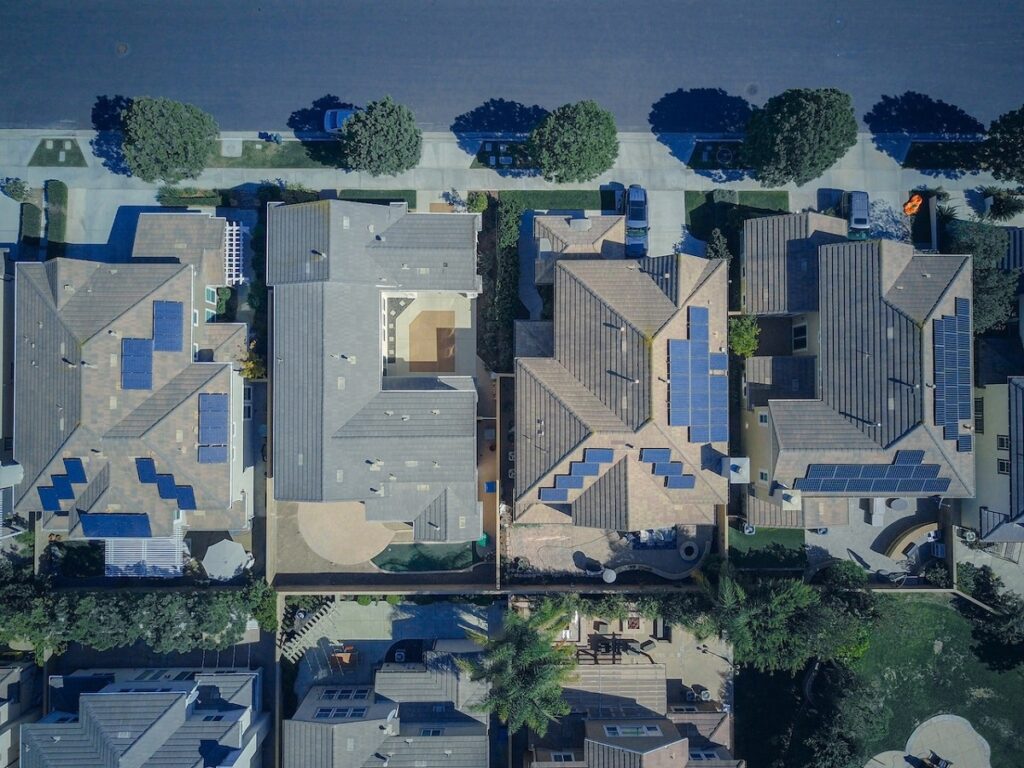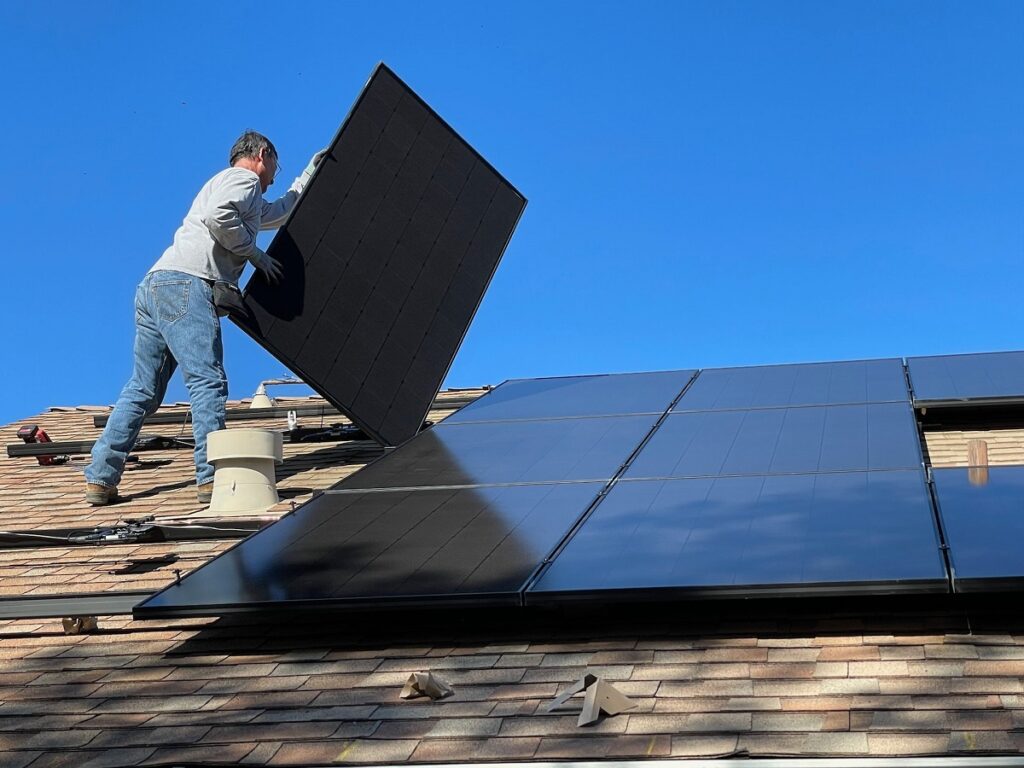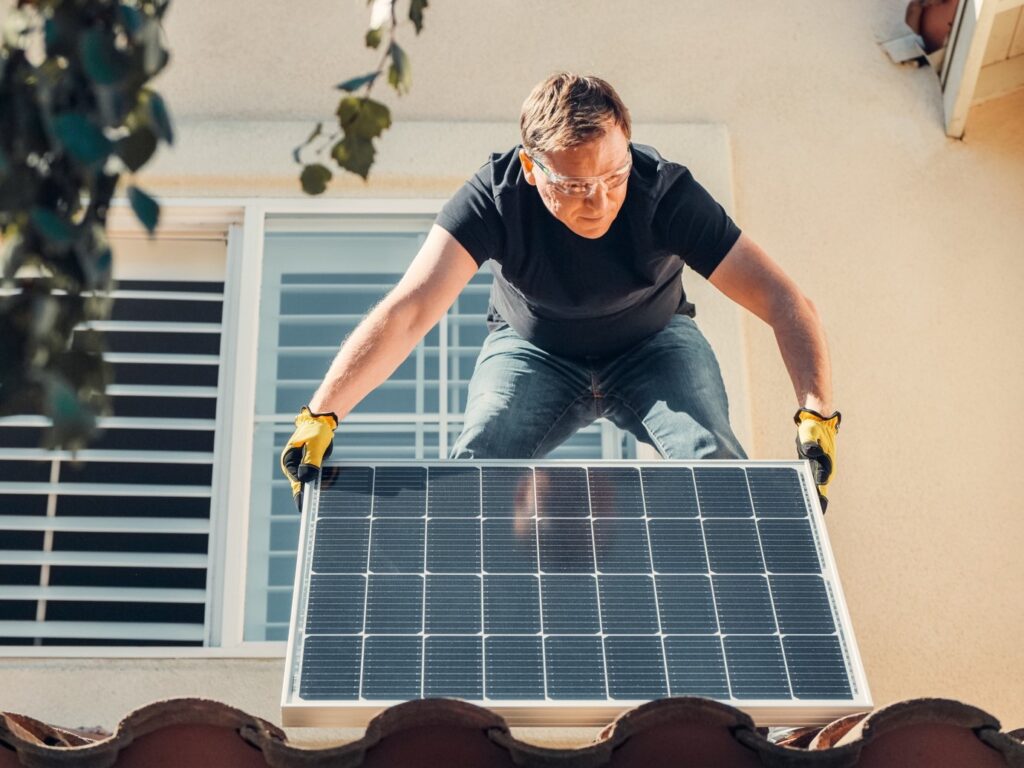Sunstainable’s name says it all we are passionate advocates for sustainable living. In the face of global scale issues it can feel like we, as individuals, can’t achieve much. But if we all took just a few small steps towards a more sustainable lifestyle, big changes can happen.
What does sustainability mean?
A commonly used definition of sustainability was coined by the Brundtland Commission of the United Nations in 1987. It was a big-picture definition relating to sustainable development at a global scale, but with a small tweak it provides a good answer, at a personal level, to the question “what does sustainability mean?â€
Put simply, it is living in a way that allows us to meet our needs without compromising the ability of future generations to meet their needs.
Living sustainably
Sustainable living is smart living. It isn’t just about doing the right thing for the planet; it’s also about doing good things for ourselves. Partly that’s about making sure the Earth is capable of sustaining our needs and the needs of generations to come, but it’s also about saving money.
Here are just a few sustainable living tips to multiply the warm glow of doing something good. They’ll also generate some savings along the way.
Adjust your dress
By putting on more clothes in cold weather and less clothes in hot weather, you can remain comfortable across a wider range of room temperatures. Running rooms a little cooler in winter and a bit warmer in summer can save lots of energy and reduce your power bills.
Install low flow shower heads
Heating water takes heaps of energy. A low flow shower head will still give you a good shower, but by reducing the amount of hot water you use it will save you money on your electricity and gas. And that’s before taking the water savings into account.
Reduce
Around 30% of the world’s food production goes to waste. Every year Australians spend millions of dollars on clothes they’ll never wear and tools they’ll never use. It takes a lot of energy to produce and transport food and all the other things we buy. So take a moment before whipping out the credit card to decide if what you are buying is really necessary.
Reuse
We throw away a lot of perfectly good stuff even though there are often plenty of ways of reusing it. If you don’t have a further need for something yourself, you can give it away or sell it. Or if you need something, consider buying it second hand. Garage sales and opp shops are great places to both offload what you no longer need, and to find the pre-loved things that are missing from your life.
Sheds and garages around the world are full of tools that rarely get used. But you probably won’t want to get rid of them because they might come in handy one day. Instead of off-loading them, you could join a collaborative consumption program like Open Shed. This allows you to rent items to and from people in your area.
Recycle
As we start to run out of many important resources, recycling is becoming a key economic activity. It is also a way of recovering much of the energy that went into the extraction and processing of the materials that go into our manufactured goods. For example, to recycle aluminium only takes around 5% as much energy as is required to make it from raw materials. Plastics also require much more energy to manufacture than they do to recycle.
You might be surprised at what you can recycle. We’re all pretty familiar with recycling glass, plastic and paper, but you can also recycle lightglobes and fluorescent lamps, all types of batteries, scrap metal, printer cartridges and many more items. Find out more at recyclingnearyou.com.au.
Install solar power
We would say that, wouldn’t we? But with over 80% of our energy coming from fossil fuels, our current habits are simply not sustainable. Within just a year or two, a home solar power system will generate more energy than it took to make, transport and install it. For dozens of years it will produce pollution free power using nothing more than sunlight. Then, at the end of its life, most of it can be recycled.
Install solar hot water
Heating water is one of the biggest energy users around the home. Australia has abundant sunshine, so doesn’t it make sense to use its free energy to heat water? Next time your hot water service is up for replacement, consider solar.
Let’s support sustainable living Australia
We’ve provided just a few sustainable living tips. There are hundreds of things we can each do every day to ease the burden we place on the environment. Too often we take the easy way out, but remember what we said about sustainable living being about not compromising the ability of future generations to meet their own needs? Those future generations are our children, grandchildren and great grandchildren. Surely we want the best for them?


